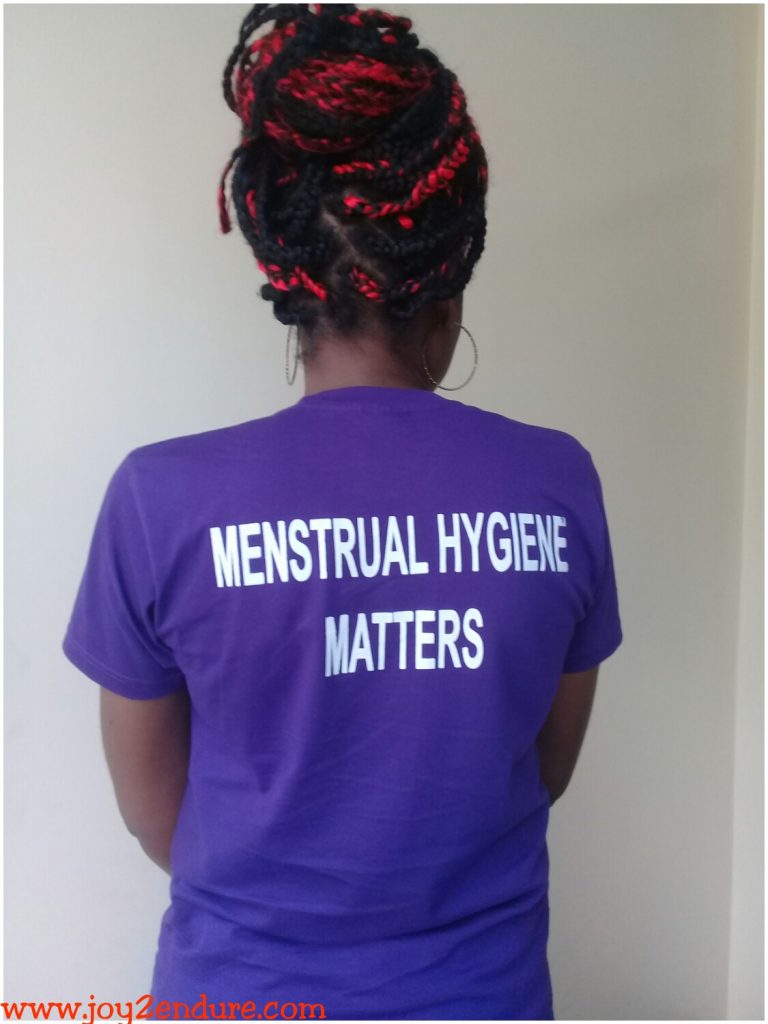
The internet is abuzz with menstruation talks and quotes and rightly so. Today is World Menstrual Hygiene Day. First celebrated in 2014, it was initiated by a German-based NGO WASH United. Its aim is to benefit women worldwide, while the date 28 and month May which is the fifth month of the year, were selected to acknowledge that 28 days is the average length of the menstrual cycle and each menstrual period lasts at most 5 days.
Overall, Menstrual Hygiene Day aims to create awareness and change negative perceptions around menstrual hygiene. We all understand the whispered tones many in our communities use to talk about menstruation. Some even use code words to describe the period because of the taboos and other negative ideas associated with it.
In most of our communities, many young ladies and girls lack access to good menstrual hygiene tools and education. Also, because of the taboos associated with it, many are forced to miss school, work and are most often placed in isolation during their periods.
As more and more people talk about menstrual hygiene matters, it is hoped that these taboos and other cultural norms would be debunked and many women and why not men, would learn to take pride in their menstrual cycles and those of the women in their lives.
It is amazing to see the number of women advocating for menstrual hygiene daily, going as far as making reusable pads, getting men engaged and doing whatever possible to break the silence and taboo around menstruation.
These are all commendable as talking about menstruation is changing the narrative around what is natural and healthy for the woman. Menstruation means healthy. Understanding this would go a long way to accommodate women by taking measures to incorporate menstruation friendly activities, bylaws and tools around schools, jobs, etc.
While these efforts are commendable, there is still a lot to do to accommodate women with disabilities and other chronic health conditions. As someone who lives with sickle cell, dealing with menstrual cramps can be quite daunting. In fact, menstrual cramps are one of the agent provocateurs of sickle cell crises for women with sickle cell. Taking this into consideration when talking menstruation matters would go a long way as due to stigma and taboo linked to menstruation and sickle cell, it makes it difficult for some to talk that in addition to the pains they are experiencing, they are also facing menstrual cramps.
There are some simple hygiene points to note during menstruation which are important for every woman during her period such as; keeping separate under wears used during periods, maintaining clean hygiene by washing each time toilet is used , making a conscious effort to change pads at least every 4 or 5 hours and properly discarding of used pads, etc. In addition to the above, women with sickle cell need to take some extra measures to ensure they experience as less pain and discomfort during these inescapable moments of womanhood for at least 40 years of their existence. While some may opt for medically induced menopause to escape the double pain of menstrual cramps and crisis, I have over the years been able to manage this unique period of womanhood as a sickle cell warrior following the simple tips below:
* The first thing I did was to try to understand my body so as to be able to pick out those telltale signs of menstrual cramps.
* Also, it is very important to understand your menstrual cycle. Doing so will help you be better prepared and equipped to deal with menstrual cramps and oftentimes, pain crisis. We do not want to be landing in the hospital each time we experience this part of womanhood.
* Always have a mild pain reliever handy, so that when the flow comes unexpectedly bringing along its pain sisters, taking the pain killer would help lessen the possibility of a full blown crisis.
* Make use of hot water bottles while lying down. They soothe the cramps.
* Eat healthy and try to make blood tonics which will go a long way to prevent us getting extremely anemic during this period.
* Maintain proper hygiene so as to avoid the possibilities of having infections to deal with in addition to all the above trials.
I think there are many more we as individuals can do so as to be able to enjoy our menstrual days without much ado. The above are some of the steps I have followed over the years which have been helpful to ensure I stay away from the hospital and experience less pain too.
Thank you for stopping by. Please drop a comment let’s know what you think.
ARREY-E. AGBOR-NDAKAW
You represent me so much. Amazing
Happy to know that, thank you very much for reading.
[…] it sometimes pose for people living with sickle cell. You can start by reading this article here. Let’s continue to celebrate the pride of womanhood as we contemplate the challenges of dealing […]